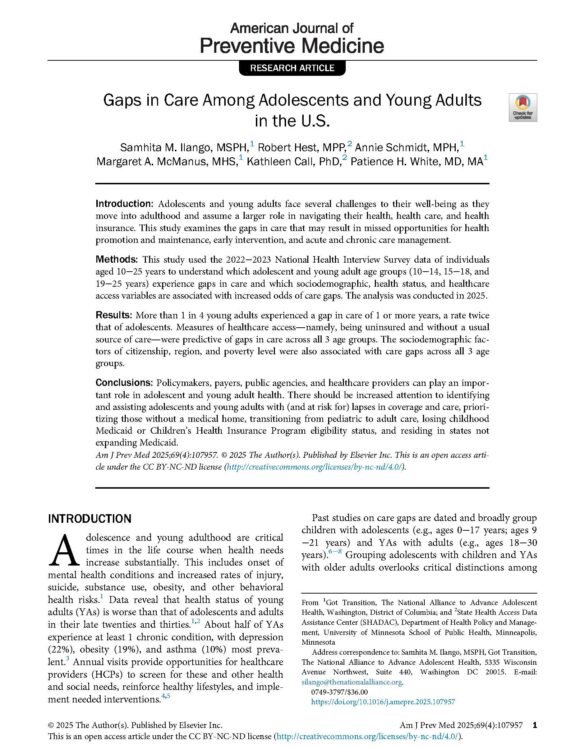Teaching Families to Fish: How to Support Families as Care Coordinators
Families of children with special health care needs often say they feel overwhelmed trying to manage their child’s care in today’s complex and fragmented system, and would welcome more and better care coordination services. At the same time, they know that ultimately the family has primary responsibility. This paradox calls for a revision in how care coordination services are defined and delivered. A new issue brief by Holly Henry, PhD, and Edward L. Schor, MD, both of the Lucile Packard Foundation for Children’s Health, outlines what services might look like if they were designed to support families’ role as the primary care coordinator.



